This is considered a model in agricultural production bringing high efficiency in Dam Bri commune in particular and Bao Loc city in general.
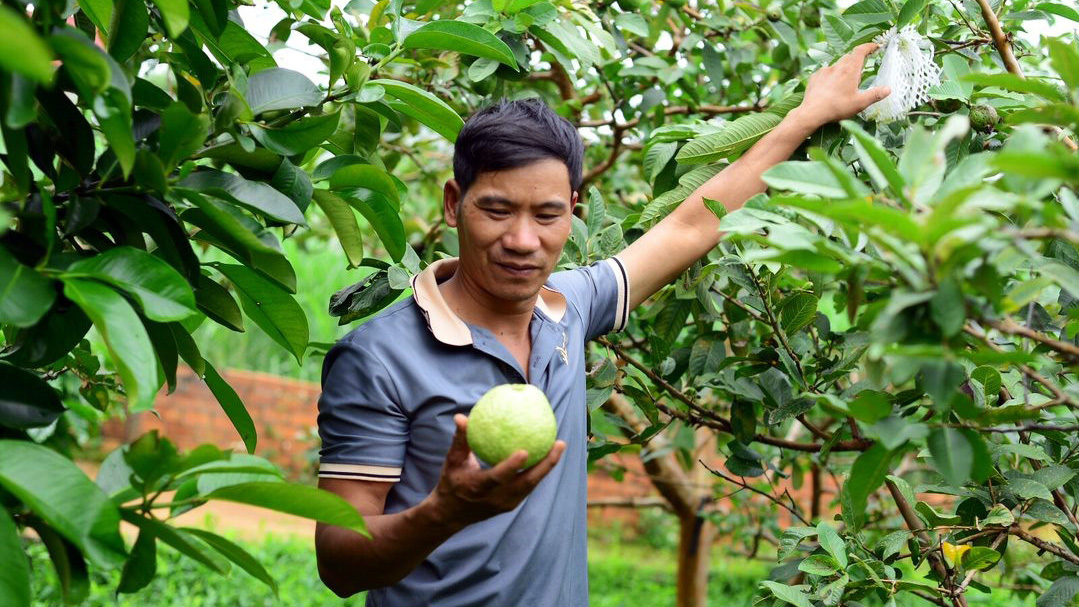
Mr. Tuyen next to his guava garden with more than 1,000 guava trees grown according to the organic model that naturally produces fruit all year round.
Through the discussion, Mr. Do Huy Tuyen (40 years old, residing in Village 9, Dam Bri Commune) said: His family has more than 3 hectares of agricultural land for coffee production. More than 10 years ago, he converted 1 hectare to grass for dairy farming. By 2018, although dairy farming brought a fairly stable source of income, but because the farming was fragmented, it was not suitable for the general development strategy of the locality, as well as his family.
At that time, the land fever in Bao Loc city in general and Dam Bri commune in particular was quite active. Many households chose to sell their gardens and land to get money to build houses and buy cars.
He and his wife thought: “As farmers, no matter how little or much, we must have land to produce. The important thing is to choose what to raise and what to plant to suit. The family has land for production, but I think that if we produce in the old way, it will affect our health because we have to use pesticides. Therefore, my wife and I have researched information about organic farming and learned to develop gradually,” said Mr. Tuyen.
Mr. Tuyen and his wife then plowed away part of the grass garden and organized the treatment of the soil and water source to prepare for organic vegetable production. Along with that, he also organized the renovation and planting of protective trees in the perimeter to create a buffer zone for the garden. After that, he and his wife planted organic vegetable varieties such as bok choy, mustard greens, sweet cabbage, cucumber, ginger, lemongrass, etc.
Since then, with the introduction of the Bao Loc City Agricultural Center, Mr. Tuyen's family has received many orders to purchase organic vegetables in Ho Chi Minh City and partners in Lam Dong and Vung Tau City. Thanks to organic production, his clean vegetables are trusted, chosen by consumers and sold at high prices.
According to Mr. Tuyen, by 2020, through his partners, he had learned that the market in Ho Chi Minh City and Vung Tau needed organic fruits, so he discussed with his wife about expanding the production model. The couple then continued to renovate nearly 1 hectare of garden and ordered 2 guava varieties including queen guava (few seeds) and pear guava from gardens in the West to plant.
Currently, Mr. Tuyen's family's guava garden has about 1,000 trees and follows the organic production process according to the US USDA standards. For this area, the family maintains a grass carpet on the garden floor to keep the soil moist and create an ecosystem for microorganisms to grow.
Mr. Tuyen shared: “My family has a contract with a chicken farming company in Dong Nai to buy biological bedding to compost into organic fertilizer. The bedding of the chicken farm is mainly rice husks, chicken manure and some types of microorganisms, so this source of fertilizer is very suitable for processing and composting for plants. Currently, I fertilize the guava garden with organic fertilizer once a month, so the garden soil is very loose, helping the guava to develop and grow very well without having to use any fertilizers or pesticides.”
Along with using compost, Mr. Tuyen's family also added a quantity of organic microbial fertilizer to ensure nutrition for the plants. Notably, with 1,000 guava trees, the garden owner did not use any pesticides or biological products to prevent pests.
“Insects and harmful pests balance themselves in the garden. Moreover, for guava products, I use nets and bags to cover the beautiful fruits to harvest at the end of the season. The remaining, unsatisfactory fruits will be left on the tree, open to worms and insects. This does not affect the quantity of guavas that I have carefully wrapped in bags,” Mr. Tuyen shared.
Mr. Tuyen's family's guava garden, grown according to the natural organic model, produces fruit regularly every month. Thus, each month his family harvests 1.7 - 2 tons of guava and has a contract partner to purchase the product at a price of 20,000 VND/kg. "Currently, each month I supply partners in Ho Chi Minh City and Vung Tau with 3 - 3.5 tons of organic vegetables and fruits of all kinds and have a stable income of about 60 million VND. After deducting all expenses, my family has a profit of about 40 million VND" - Mr. Tuyen said.
Ms. Mai Thi Phuong - President of the Farmers' Association of Dam Bri commune, said: "Mr. Tuyen's family is one of the pioneering households in developing organic vegetable and fruit production. From the results the model is bringing, the locality will have a specific assessment to continue to expand and develop to help people have a stable source of income from organic agricultural production."
Source


![[Photo] Solemn opening of the 10th Session, 15th National Assembly](https://vphoto.vietnam.vn/thumb/1200x675/vietnam/resource/IMAGE/2025/10/20/1760937111622_ndo_br_1-202-jpg.webp)
![[Photo] Chairman of the Hungarian Parliament visits President Ho Chi Minh's Mausoleum](https://vphoto.vietnam.vn/thumb/1200x675/vietnam/resource/IMAGE/2025/10/20/1760941009023_ndo_br_hungary-jpg.webp)
![[Photo] National Assembly Chairman Tran Thanh Man holds talks with Hungarian National Assembly Chairman Kover Laszlo](https://vphoto.vietnam.vn/thumb/1200x675/vietnam/resource/IMAGE/2025/10/20/1760952711347_ndo_br_bnd-1603-jpg.webp)

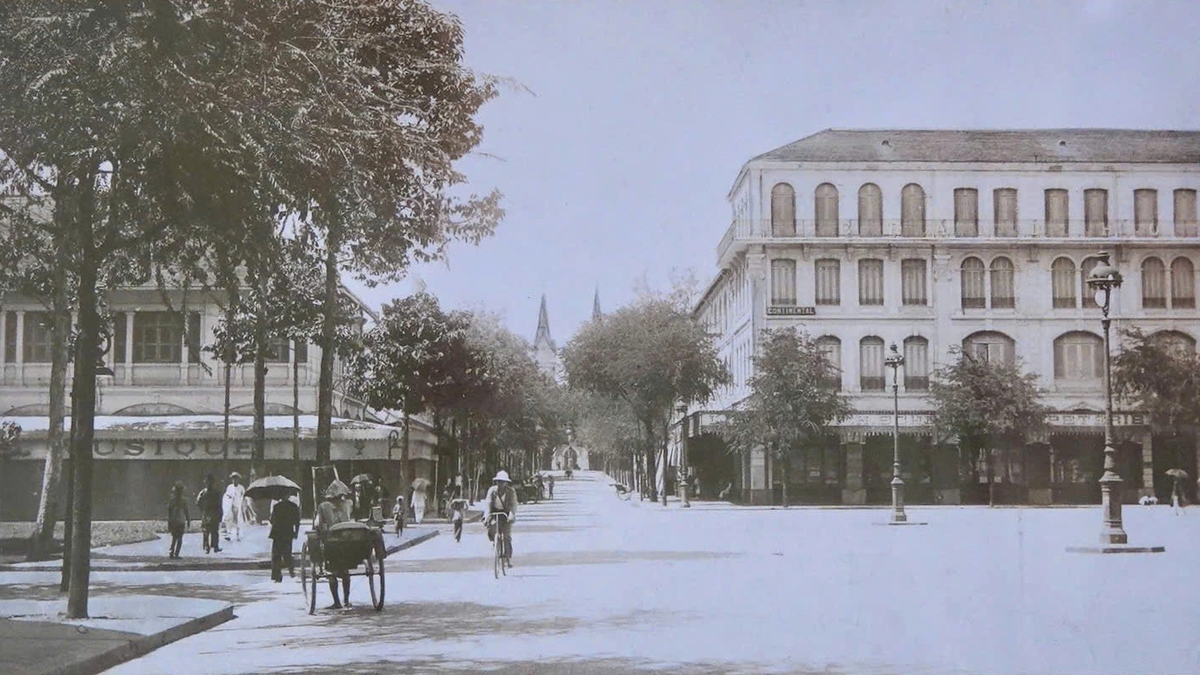
![[Photo] Prime Minister Pham Minh Chinh meets with Speaker of the Hungarian National Assembly Kover Laszlo](https://vphoto.vietnam.vn/thumb/1200x675/vietnam/resource/IMAGE/2025/10/20/1760970413415_dsc-8111-jpg.webp)
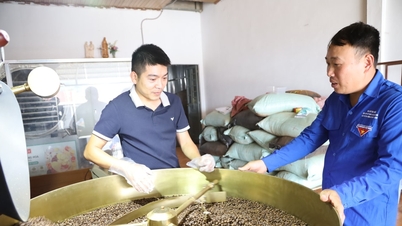



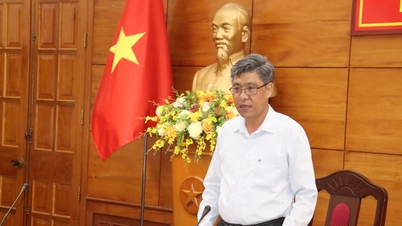


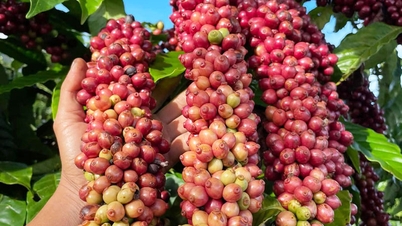

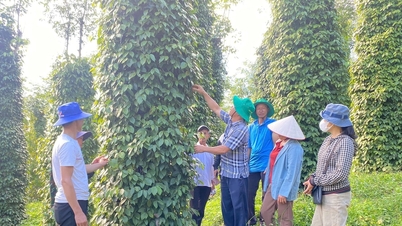



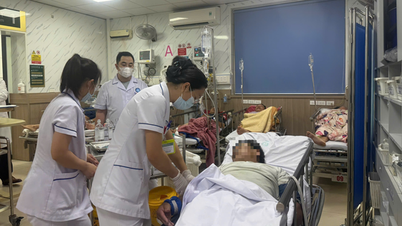



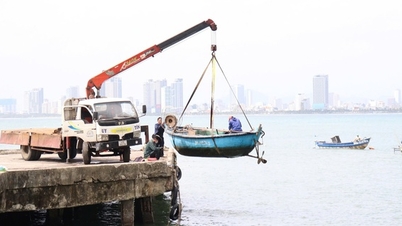
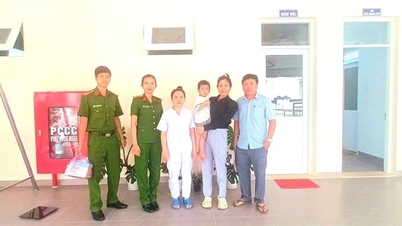








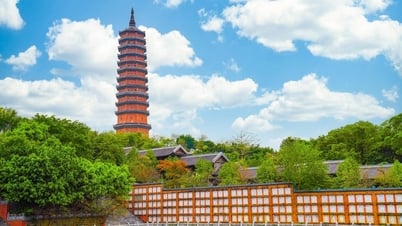

![[Photo] The Steering Committee of the 2025 Fall Fair checks the progress of the organization](https://vphoto.vietnam.vn/thumb/1200x675/vietnam/resource/IMAGE/2025/10/20/1760918203241_nam-5371-jpg.webp)

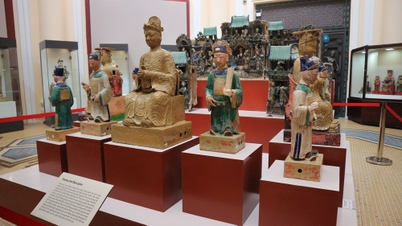
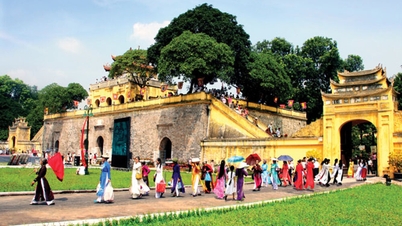




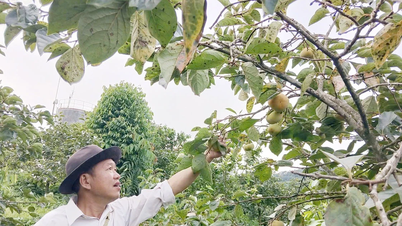




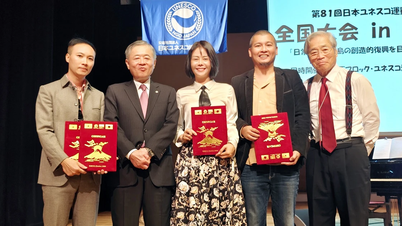





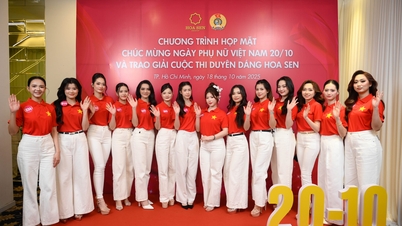

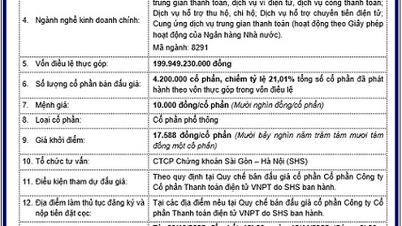


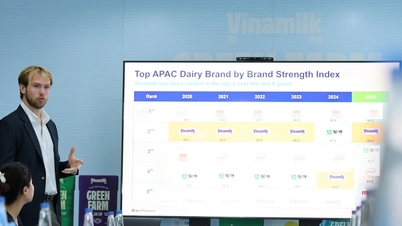

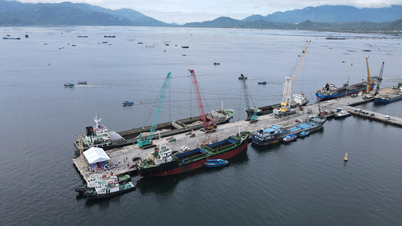








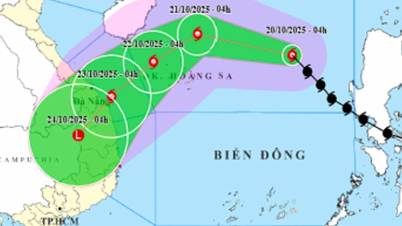




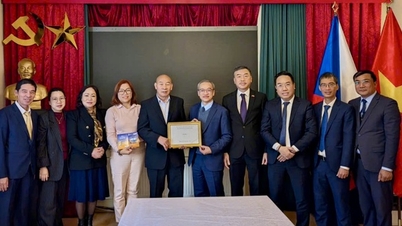

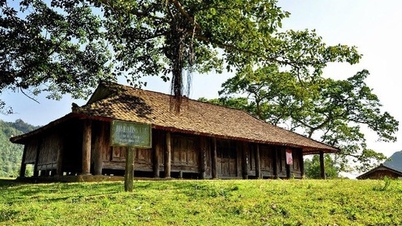

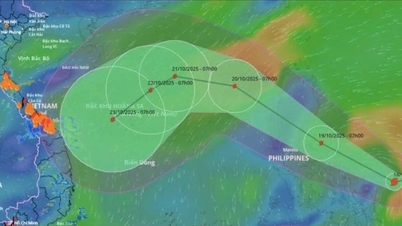




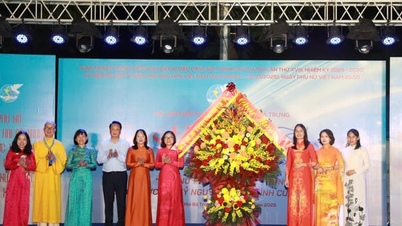



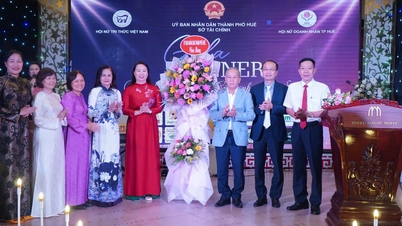















Comment (0)